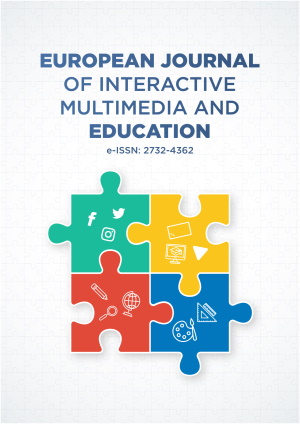Keyword: science
4 articles found.
Research Article
Perceptions Towards Adoption of Online Learning Under COVID-19 Pandemic Among Library and Information Science Students
EUR J INTERACT MULTIMED ED, Volume 3, Issue 2, July 2022, Article No: e02210
https://doi.org/10.30935/ejimed/12271Research Article
COVID-19 Pandemic: A Catalyst to Technology Integration in Teaching for Sustainable Science, Technical and Vocational Education in Nigeria
EUR J INTERACT MULTIMED ED, Volume 3, Issue 1, January 2022, Article No: e02208
https://doi.org/10.30935/ejimed/11979Research Article
Science Teachers’ Level of Technological Knowledge and the Effect of Demographic Variables in Ondo State, Nigeria
EUR J INTERACT MULTIMED ED, Volume 3, Issue 1, January 2022, Article No: e02202
https://doi.org/10.30935/ejimed/11437Research Article
Effects of ATutor Platform on Learning Outcomes in Agricultural Science among University Students in North-Central, Nigeria
EUR J INTERACT MULTIMED ED, Volume 1, Issue 1, January 2020, Article No: e02005
https://doi.org/10.30935/ejimed/8362
